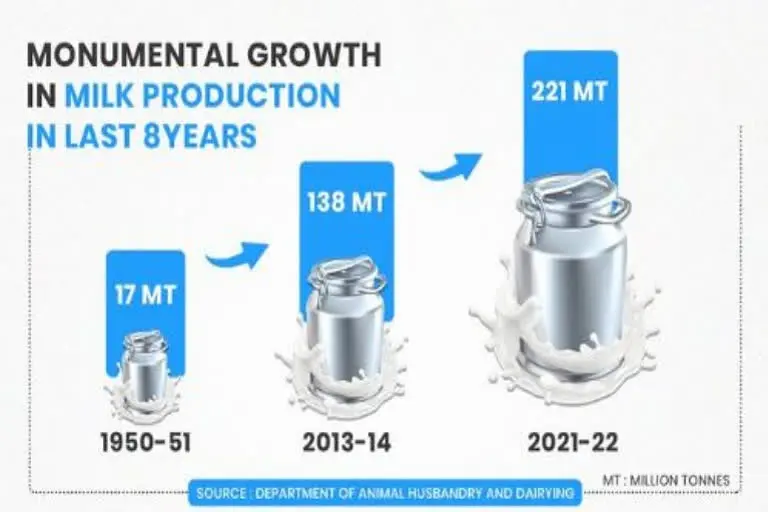This is the lowest growth forecast for India among multilateral development banks with World Bank estimating 6.3% and ADB forecasting 6.4%
Washington, NFAPost: The International Monetary Fund (IMF) on Tuesday pared down its economic growth forecast for India by 20 basis points to 5.9% for 2023-24 (FY24) from an estimated 6.8% for FY23.
This is the lowest growth forecast for India among other multilateral development banks with the World Bank estimating 6.3% and the Asian Development Bank forecasting 6.4% GDP growth for FY24.
In its latest bi-annual World Economic Outlook, IMF projected India’s retail inflation to ease to 4.9 per cent in FY24 from 6.7% in FY23 and current account deficit to come down to 2.2% of GDP from an estimated 2.6% a year ago. In purchasing power parity terms, India’s growth in per capita output is set to decelerate to 4.9 per cent in FY24 from 5.8% in FY23.
Chief economist of IMF Pierre-Olivier Gourinchas said while the global economy’s gradual recovery from both the pandemic and Russia’s invasion of Ukraine remains on track, the situation remains fragile highlighted by the recent banking instability.
“China’s reopened economy is rebounding strongly. Supply chain disruptions are unwinding, while dislocations to energy and food markets caused by the war are receding. Simultaneously, the massive and synchronised tightening of monetary policy by most central banks should start to bear fruit, with inflation moving back towards targets,” he added.
IMF has projected that global growth will bottom out at 2.8 per cent in 2023 before rising modestly to 3 per cent next year.
The Washington-based global lender said policymakers need a steady hand and clear communication to tide over the uncertainty.
“With financial instability contained, monetary policy should remain focused on bringing inflation down, but stand ready to quickly adjust to financial developments. A silver lining is that the banking turmoil will help slow aggregate activity as banks curtail lending. In and of itself, this should partially mitigate the need for further monetary tightening to achieve the same policy stance. But any expectation that central banks will prematurely surrender the inflation fight would have the opposite effect: lowering yields, supporting activity beyond what is warranted, and ultimately complicating the task of monetary authorities,” Gourinchas said.





